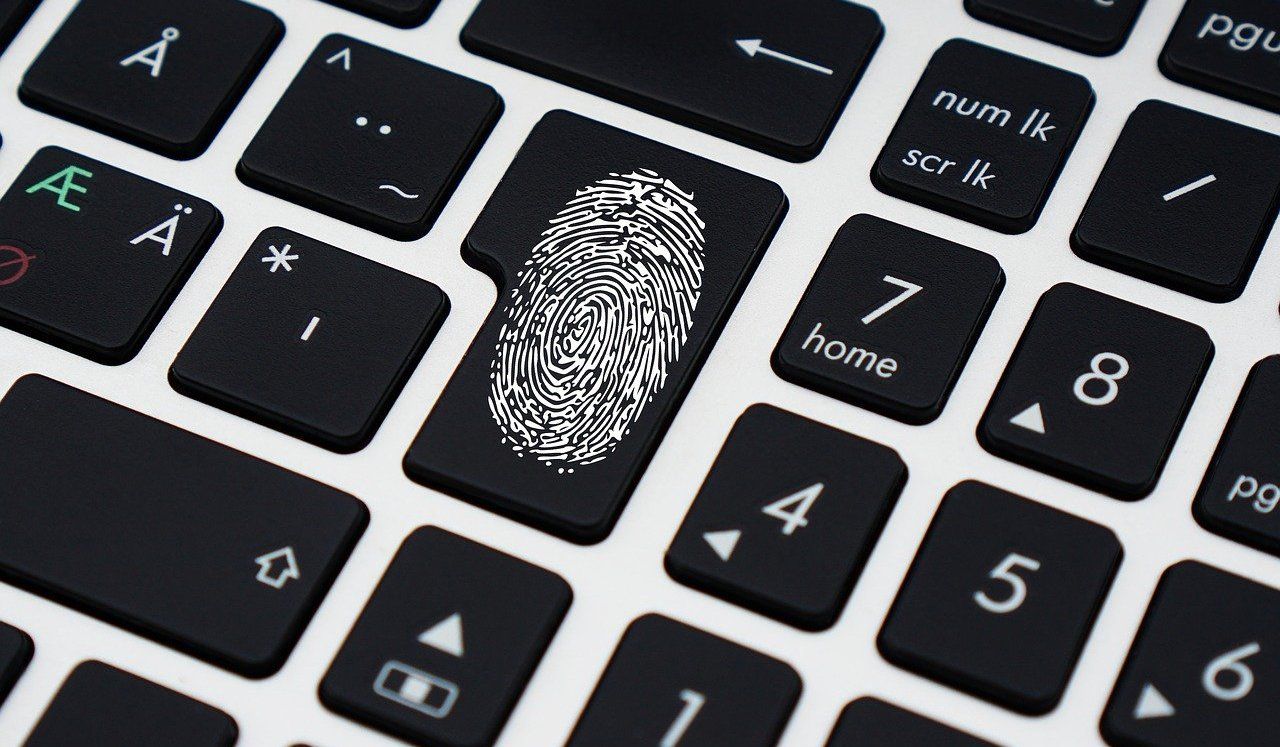A "Clear Name Internet" is a dangerous place: Why anonymity matters.
Social media services try to force people to use their clear name, which opens the door for stalking, identity theft, and more.
Anonymous email & Co: Anonymity protects you
The vast majority of internet users are normal citizens, not criminals. Of course, there are some that abuse the internet for criminal activities. For that reason, social media services as well as some politicians want to force everyone to use the internet with their real name.
Clear names make you identifiable - also by the bad guys
Just imagine, your Facebook account, your email address, your Reddit identity - each account should carry your real name to make sure you become easily identifiable online.
Clear name experiment in South Korea
South Korea passed a law in 2007 that forced people to use their clear name for certain sites. In 2011, they abolished this law again because it did not stop people from posting abusive comments on these sites.
Clear name system China
Since 2017, online anonymity is forbidden in China, but only in regards to the authorities. This means, people must be identifiable by the authorities, but can still use the internet under a fake identity.
Should we be forced to use social media, email and other online services only with our real name, this would be much worse than the authoritarian system already in place in China: Everyone would be able to track every move we make, stalkers and criminals as well as our neighbors.
Compulsory clear names are dangerous
Using the internet under a pseudonym is mainly being done for protection. It is important that others - our neighbors, our employer, and anybody else, particularly criminals, do not know everything we do online. People who are part of a minority must also be able to protect their identity.
If everyone were forced to use their real name, the internet would become a paradise for stalkers, mobbers, and criminals trying to commit identity theft.
Journalism, whistleblowing, activism, all of these would be threatened of becoming impossible when being forced to always use a clear name online.
Push against anonymity is pointless
The idea is that forcing people to use their clear names online would prevent crime: Hate speech, insults, threats - all of these are being uttered only because of the protective blanket of anonymity, so the assumption. Unfortunately, the opposite is the truth.
Why stopping anonymity does not stop crime
Stopping people to use the internet anonymously will not stop them from committing crimes online.
Many people who hate, discriminate and threaten other people online already do this under their real name. The issue here is not identifying these people, but to prosecute online crimes.
Besides, even if everyone used their real names: How would you identify the thousands of John Smith’s?
Conclusion
The push against anonymity is pointless. It brings more harm than good, and it is close to impossible enforce such a rule.
Anonymity will always be possible, and that’s a good thing.
To protect your privacy and to stay anonymous online, we recommend that you sign up for Tutanota: an email service that respects your right to privacy and does not ask for a phone number or any other personally identifiable information upon registration! Because anonymity matters.
Recommended for further reading: Anonymous email: Tutanota keeps your emails secure, private and anonymous.

